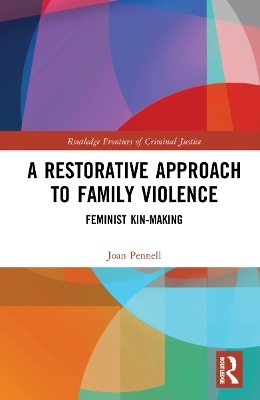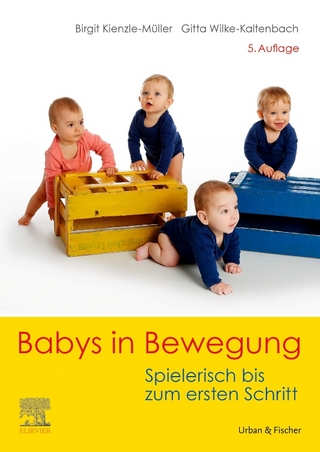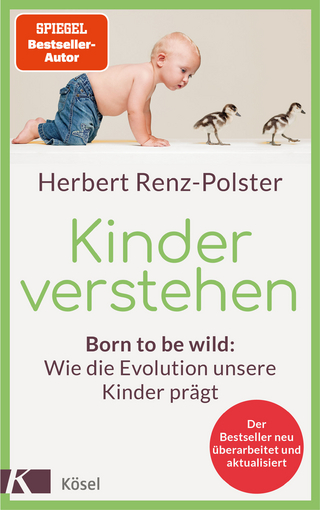
A Restorative Approach to Family Violence
Routledge (Verlag)
978-0-367-61525-3 (ISBN)
A Restorative Approach to Family Violence looks back at an early and successful demonstration of a family and culturally based model to stop severe family violence. This conferencing model, called family group decision making, was applied by three diverse Canadian communities—Inuit, rural, and urban—to the benefit of child and adult family members. Narrative inquiry identifies how engaging the family and relatives resets the narrative from misrecognition to recognition of their competence and caring.
Family violence poses some of the most long-term and controversial questions in restorative justice. Should we use a restorative approach to stop gendered and intergenerational harm? Or will bringing together those who have been harmed, those causing harm, and their supporters only incite more violence? Underlying these questions is a profound distrust of families and their cultural networks. This distrust has stalled turning away from carceral interventions that particularly harm minoritized communities.
Moving forward in time, the volume identifies blocks to trusting families and their cultural networks and means of circumventing these blocks. The book offers a theory of feminist kin-making to comprehend the restorative process and gives practical guidance to restorative participants, practitioners, policy makers, and researchers.
Joan Pennell is Professor Emerita of Social Work and founding director of the Center for Family and Community Engagement at North Carolina State University. Before her return to the United States, she was principal investigator (with Dr. Gale Burford) of the Newfoundland and Labrador, Canada, demonstration of family group decision making in situations of child maltreatment and domestic violence. In the US, she has conducted research on family group conferencing and other forms of engaging families in decision-making. She has a long-term commitment to the movements for gender, racial, and economic justice.
Chapter 1. A Restorative Approach—Narrative Threads
Chapter 2. FGDM Example—A Newfoundland Story
Chapter 3. FGDM Project Planning—Local Organizing, Emergent Responsive Regulation
Chapter 4. FGDM Conferencing—Resetting Narrative, Revitalizing Culture
Chapter 5. Concluding Possibilities—Cascading Trust in Families and Cultural Networks
| Erscheinungsdatum | 03.05.2022 |
|---|---|
| Reihe/Serie | Routledge Frontiers of Criminal Justice |
| Zusatzinfo | 1 Tables, black and white |
| Verlagsort | London |
| Sprache | englisch |
| Maße | 152 x 229 mm |
| Gewicht | 453 g |
| Themenwelt | Sachbuch/Ratgeber ► Gesundheit / Leben / Psychologie ► Familie / Erziehung |
| Sachbuch/Ratgeber ► Gesundheit / Leben / Psychologie ► Lebenshilfe / Lebensführung | |
| Sachbuch/Ratgeber ► Gesundheit / Leben / Psychologie ► Psychologie | |
| Geisteswissenschaften ► Psychologie ► Allgemeine Psychologie | |
| Recht / Steuern ► Strafrecht ► Kriminologie | |
| Sozialwissenschaften ► Soziologie ► Gender Studies | |
| Sozialwissenschaften ► Soziologie ► Spezielle Soziologien | |
| ISBN-10 | 0-367-61525-8 / 0367615258 |
| ISBN-13 | 978-0-367-61525-3 / 9780367615253 |
| Zustand | Neuware |
| Informationen gemäß Produktsicherheitsverordnung (GPSR) | |
| Haben Sie eine Frage zum Produkt? |
aus dem Bereich


